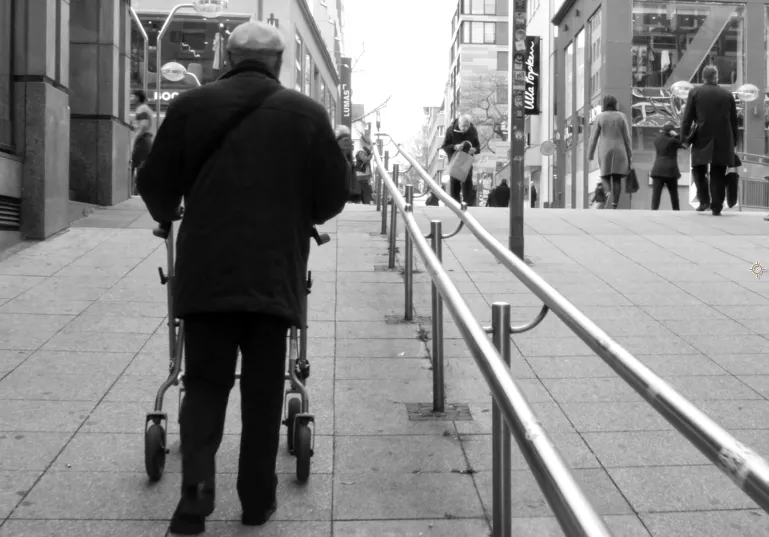All the scenarios in our ‘Unintended Consequences’ timeline video are grounded in clear experience from other countries where assisted suicide and euthanasia have been legalised.
Mental capacity, terminal illness and only adults

Fear of being a burden is involved in over 53% of assisted suicides
ECONOMIC PRESSURES WILL impact DECISION MAKING

Lethal drugs are cheaper than care
Assisted suicide reduces the incentive to invest in high-quality palliative and social care.
At the same time, there would be a perverse incentive to not restrain assisted suicide since it is cheaper than providing palliative or social care.
Discussion of the financial savings of legalising assisted suicide is already happening. Cost savings for the NHS have even been described as ‘the elephant in the room’. This may be a very tempting option for future policy makers and NHS managers.



Elder abuse cases rise. Emotional & financial pressures mount on care givers.

Euthanasia debated for all children of any age including newborns with disabilities.
PROPER FUNDING FOR PROPER CARE
PROPER FUNDING FOR PROPER CARE

Care Not Killing was set up in 2006 as an alliance of individuals and organisations which brings together disability and human rights groups, healthcare providers, and faith-based bodies, with the aims of promoting more and better palliative care; ensuring that existing laws against euthanasia and assisted suicide are not weakened or repealed; and helping the public to understand the consequences of any further weakening of the law.
Care Not Killing Scotland
6 Marshalsea Road
London SE1 1HL
Media enquiries:
Please contact Tom Hamilton Communications on 07836 603977
Care Not Killing Scotland is a trading name of CNK Alliance Limited, a Limited Company in England and Wales, Company No. 06360578
CARE NOT KILLING SCOTLAND © 2021 - All rights reserved